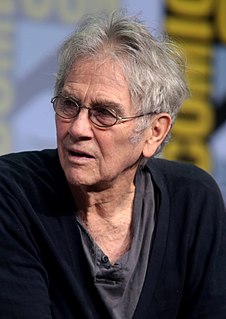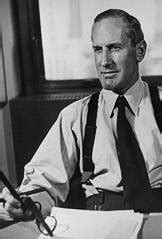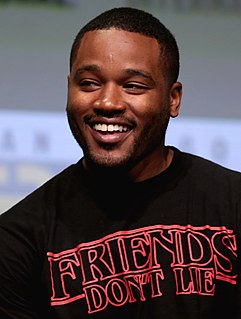A Quote by Jonathan Raban
Insofar as I think about postmodernism at all, and it doesn't exactly keep me awake at nights, I think of it as something that happens to one, not a style one affects. We're postmoderns because we're not modernists. The modernist writers?Pound, Eliot, Joyce, Stevens, Yeats, Woolf, Williams?spoke with a kind of vatic authority: they were really the last of the Romantics, for whom authorship itself was like being a solitary prophet in the wasteland.
Related Quotes
I started moving away from poets like Wallace Stevens and Hart Crane and started reading poets like, again, Karl Shapiro, Howard Nemerov, Philip Larkin, and the British poets who were imported through that important anthology put together by Alvarez - and those would include Thom Gunn and Ted Hughes. And I think these poets gave me assurance that there were other ways to write besides the rather involuted style of high modernism whose high priests were Pound, Eliot and Stevens, and Crane perhaps.
The writers I care about most and never grow tired of are: Shakespeare, Swift, Fielding, Dickens, Charles Reade, Flaubert and, among modern writers, James Joyce, T. S. Eliot and D. H. Lawrence. But I believe the modern writer who has influenced me most is Somerset Maugham, whom I admire immensely for his power of telling a story straightforwardly and without frills.
Naming is like putting a stamp on something and fixing it. A kind of formaldehyde sort of fixation, but it becomes dead, sitting there forever, frozen. So, I'm not a great one for these modernist, post modernist, post colonial labels. I think they serve certain purpose. You do need some kind of sign post here and there, but it can also become an end in itself.
The sad fact is that I love Dickens and Donne and Keats and Eliot and Forster and Conrad and Fitzgerald and Kafka and Wilde and Orwell and Waugh and Marvell and Greene and Sterne and Shakespeare and Webster and Swift and Yeats and Joyce and Hardy, really, really love them. It’s just that they don’t love me back.
Criticism does demand a certain kind of authority, but what about the authority of not really being sure what you think? What about the authority, the authenticity that comes from bringing all your intellectual, emotional and spiritual equipment to a piece of art or entertainment whilst still being uncertain and confused?
Life is sinister. I don't know if I am representing life exactly, but sinister, I think it has to do with dreams. You're dreaming when you're awake: you're sitting on the subway and you look around, and you can think of sinister things that are kind of delightful to think of because they're not really happening, but they are in your mind. They're about wishes, desires - sexy, dangerous, hopeful, the way it could be, maybe.
Pound was silly, bumptious, extravagantly generous, annoying, exhibitionistic; Eliot was sensible, cautious, retiring, soothing, shy. Though Pound wrote some brilliant passages, on the whole he was a failure as a poet (sometimes even in his own estimation); Eliot went from success to success and is still quoted--and misquoted--by thousands of people who have never read him. Both men were expatriates by choice, but Eliot renounced his American citizenship and did his best to become assimilated with his fellow British subjects, while Pound always remained an American in exile.
As a filmmaker, like any artist, when something affects me emotionally I think about it in those terms. It's my way of dealing with my thoughts, my fears and my hardships. I think the same can be said with any artist. For a musician, you're going to write a song about something that affects you emotionally.
As a filmmaker‚ like any artist‚ when something affects me emotionally I think about it in those terms. It's my way of dealing with my thoughts‚ my fears and my hardships. I think the same can be said with any artist. For a musician‚ you're going to write a song about something that affects you emotionally.
Every poet gets to choose what kind of community he or she serves with the poems, and it's true that there is a community for very difficult, challenging poetry. It's a community that's established itself over the last 80 years, that was originally, in effect, really started by T. S. Eliot and Ezra Pound. They believed that poetry ought to contain learning, that it ought to rise upon all the learning that went before.
Some people think that writers are innately solitary and that there's a kind of romance to that solitariness. I tend to think that what writers really want to do is get accepted into things. They want to get accepted into society, into culture, into intelligentsia, into the fun. Writing is their mechanism, their instrument, for doing that.





































